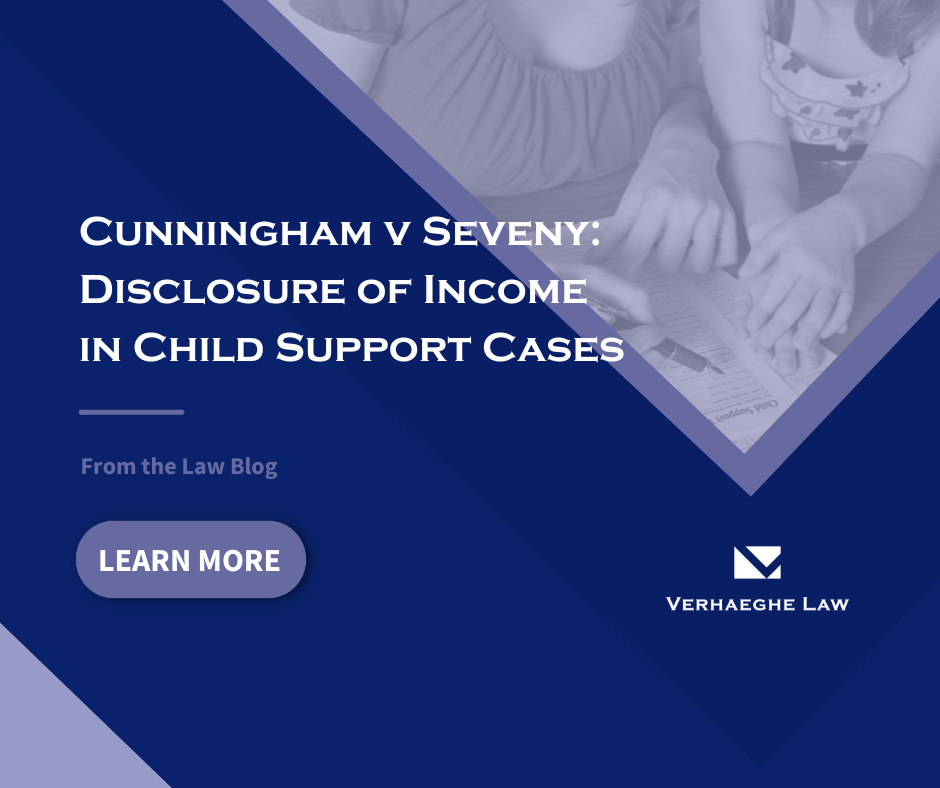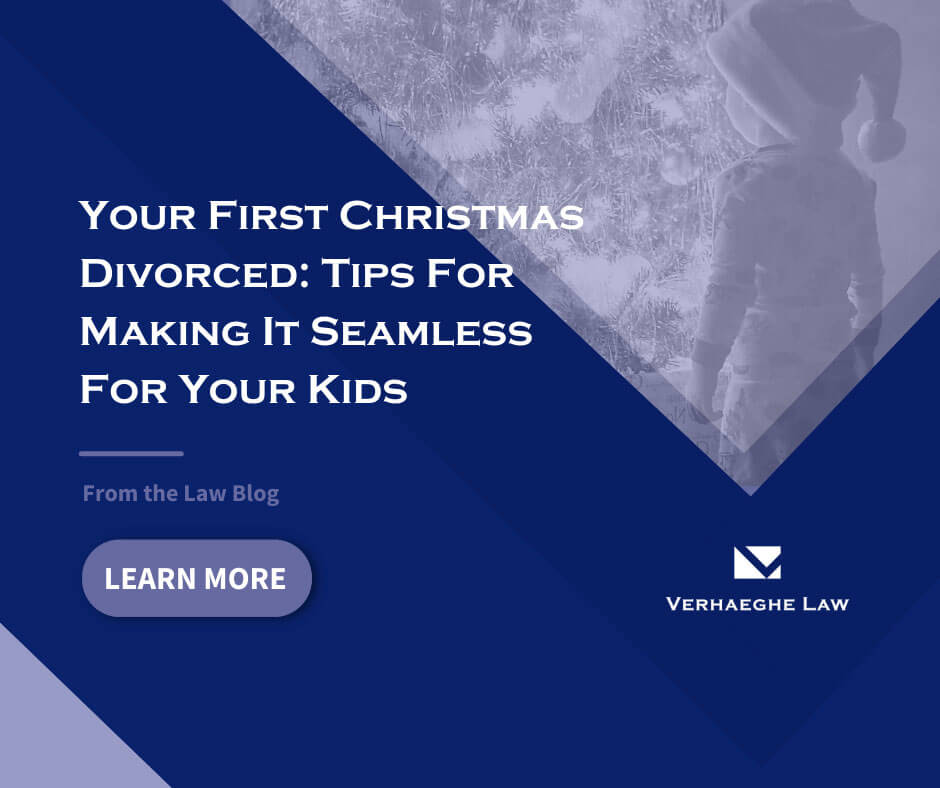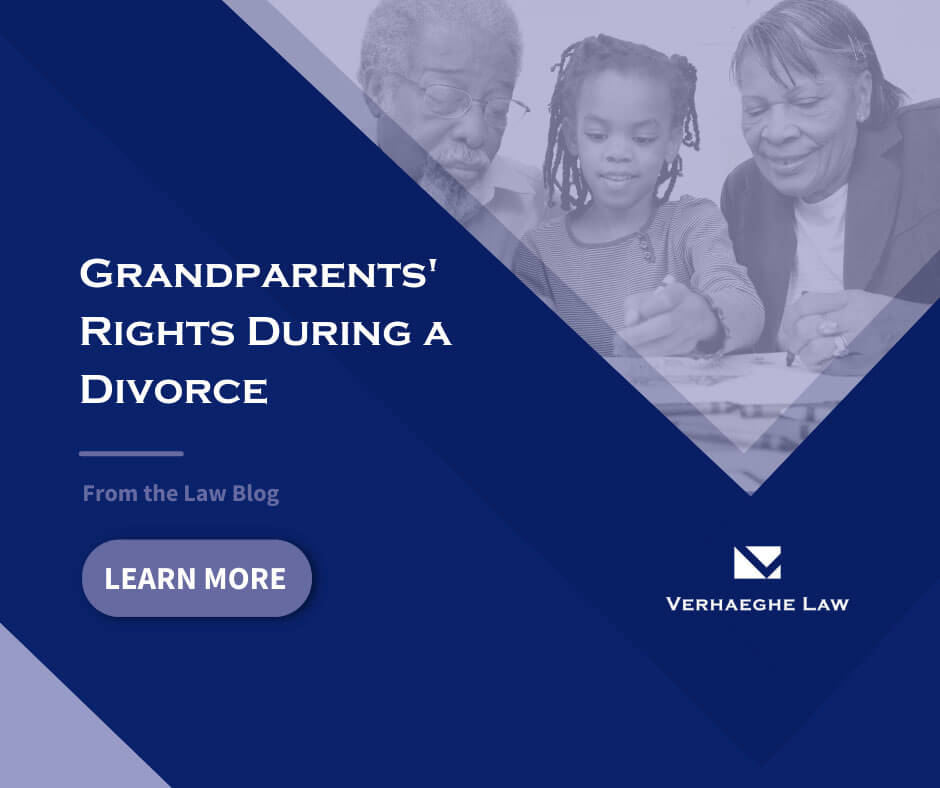Things to Consider When Appointing a Guardian for Your Children

One of the most difficult yet important decisions parents can make is choosing a guardian for their children in the event of their untimely death. Most of us do not like to imagine a time when we cannot take care of our families. However, choosing a guardian can give you peace of mind that someone you trust will protect your loved ones if the unthinkable happens.
If you fail to appoint a replacement guardian, the court will choose one for you if necessary who may not be the person you or your child would have preferred. An Edmonton family lawyer may be able to help you understand your options for guardianship and assist with the necessary steps.
What is a Guardian
A guardian is an adult who is legally responsible for a child's well-being, including their physical, psychological, and emotional development and daily needs. This involves providing food, clothing, shelter, and medical care, as well as deciding where children will live, their spiritual upbringing, and what kind of education they receive.
Governed by the Family Law Act, guardians are entitled to be involved in any significant decisions regarding the child. They must also observe all laws related to a child's care, as parents would.
Choosing a Guardian
Most parents choose their child's guardian from their close family and friends. Ideally, this is someone with whom the child already has a close relationship. However, if the child is at least 12 years old, the court will ask the child's opinion before appointing or approving a guardianship order, so it is important to consider your child's wishes.
There are many considerations when choosing a suitable guardian for your children. First, you should think carefully about the care you would like your children to receive. For example:
- What values and beliefs do you want to instill in your children?
- Are there cultural or religious teachings and traditions that are important to you?
- Do you have strong dietary or other health preferences for your children?
In some circumstances, appointing more than one guardian for a child's different needs might make sense. For example, this could involve a primary guardian to care for their day-to-day needs and a second guardian responsible for a specific aspect of the child's care, such as their finances or legal concerns.
Important First Steps
If you are married or have a co-parent, it's best to talk with them and ensure you are on the same page. Then, you can each list your top contenders and go through them together. Consider candidates with the following factors in mind:
- Do they live nearby? It might be traumatic for your children to leave their community and all they know after your passing.
- Are their financial circumstances adequate given your children's needs?
- Are they healthy and fit enough to take on the responsibilities of guardianship? Is their age a factor, given the number of children you have and how old they are?
- Do they already have or plan to have children of their own, and would a blended family work?
- Can they provide a safe and stable lifestyle?
Once you have selected one or more candidates, it is wise to initiate a conversation about guardianship and whether they would consider taking on the responsibility. Explain why you have chosen them as potential guardians and have an honest and open discussion about your wishes for your children's future and upbringing.
While potential guardians may be flattered that you asked, guardianship is a serious and long-term responsibility, and they should not make the decision lightly. So, let them think about it. You may also choose more than one guardian as a backup should your top choice no longer be an option if the time comes.
Documentation
Once you have chosen a guardian and they have agreed, it is time to make it official. The easiest way to document guardianship is by updating your will if you have one. If you are considering appointing a guardian for your children, an Edmonton family lawyer may be able to help you understand your options.
Contact our Edmonton Family Lawyers Today
Contact us today for more information and to schedule a consultation. Our Edmonton family lawyers will be pleased to assist you with all your family law proceedings.
* Please note that the information in this article is not intended as legal advice but rather as a general overview of family law. If you are seeking legal advice, please consult with a lawyer.









